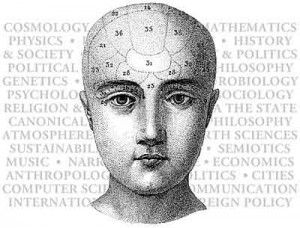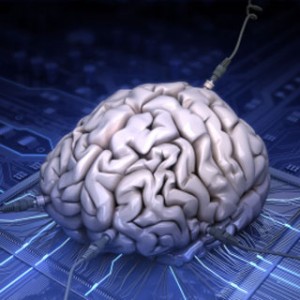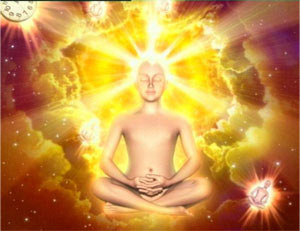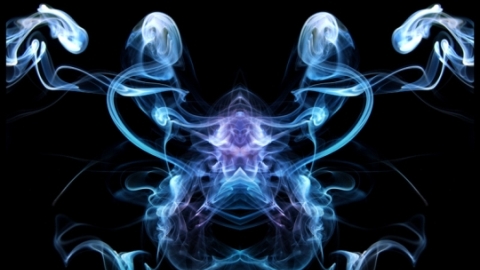In considering whether the mind is greater than the brain, it may be useful to put the question the other way: Is the brain more than the mind?
 In one sense the answer seems obvious—the ne0-cortal or consciously thinking brain is a portion of the entire brain, overlaying older and more ‘primitive’ functions. These ancient layers of neuronal substrate are often referred to as the mammalian brain and the reptilian brain.
In one sense the answer seems obvious—the ne0-cortal or consciously thinking brain is a portion of the entire brain, overlaying older and more ‘primitive’ functions. These ancient layers of neuronal substrate are often referred to as the mammalian brain and the reptilian brain.
In this sense, clearly the brain is more than the mind as thought. But at a philosophical level, the relationship between brain, consciousness and mind isn’t clear at all.
It’s interesting how the meanings of words we take for granted become murky the moment one looks below the surface. Words like ‘mind’ and ‘consciousness’ are traditionally unclear, but we think we know what the brain is–the gray matter between the skull bones.
To neuroscientists, and the so-called philosophers following behind them, the brain is simply a ‘conglomeration of neurons.’
Consciousness, in this view, is what the neurons generate. Scientists don’t understand just how the brain generates consciousness yet, but most are sure they will. They believe they’ll be able to explain consciousness fully, or at least sufficiently.
Given their limited view of consciousness, they probably will. There is no point in making a mystery, much less a miracle out of consciousness as we generally know it. Consciousness generated by thought and based on memory is obviously a function or ‘epiphenomenon’ of brain activity.
But is the brain the sole locus of consciousness in the universe, and is consciousness only what takes place in the brain? Or is there a higher order of consciousness of which the brain can consciously participate?
Before addressing that question, we have to examine the entrenched idea and habit of dualism. The proposition that the mind is more than the brain has been inextricably linked to the notion that humans have a physical body and physical brain along with a separate non-physical mind.
Materialism, on the other hand, maintains that human brains, along with everything else in the universe, are comprised of physical things operating deterministically without spiritual attributes. The brain is similar to a computer that is run by programs, making humans “moist robots.”
Thus one false construct–a separate mind and soul that precede birth and persist after death–is set against another false construct—a materialistic, mechanistic and deterministic universe. That dualism sets up the false choice between spiritualism and materialism.
The premise for both materialists and supernaturalists is that if dualism is not true, the mind is limited to the physical brain. But there is another possibility: A brain in a state of negation induced through intense but undirected attention. The mind in this negative, non-dualistic sense is more than the brain.
 So the human brain has the potential, when it’s no longer dominated by symbolic thought but is attentively, effortlessly and deeply quiet, to be more than the mind. And in that sense, without dualism, the mind is also more than the brain.
So the human brain has the potential, when it’s no longer dominated by symbolic thought but is attentively, effortlessly and deeply quiet, to be more than the mind. And in that sense, without dualism, the mind is also more than the brain.
This relates to another interesting question. Are so-called mystical experiences, which show remarkable similarity across cultures and ages, solely the product of brain function, or do they represent the awakening of consciousness beyond the brain and mind as thought?
I’m not referring to any form of ‘channeling,’ by which people allegedly tap into living or non-corporeal entities. To the extent that such a phenomenon exists, it may simply be one part of human consciousness accessing another part—gods, masters, angels and super-races of extraterrestrials notwithstanding.
I don’t mean to be derisive or dismissive of ‘channeling.’ It simply doesn’t interest me very much, because I don’t think people who engage and indulge in it are serious.
So is the deeply quiet brain (not made quiet through any form of hypnosis but attentively still and fully awake), like an inseparable receiver for and participant in consciousness that has no separation, direction, content, or agency?
If consciousness is only what happens in and contained by the skulls of dividuals, then obviously it could not be. But potentially at least, the brain is more than the mind-as-thought plus its instinctive and regulatory functions, and the mind without thought is more than what happens in the brain.
Martin LeFevre

